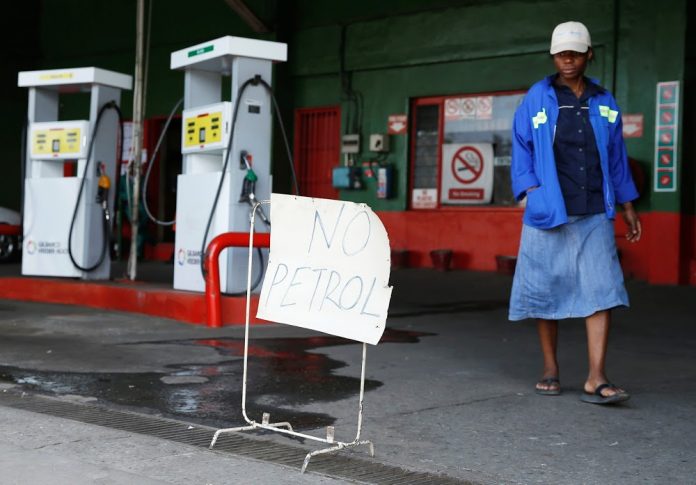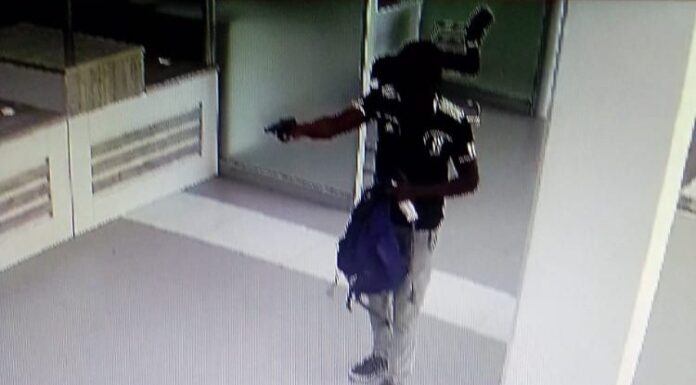Cynthia Chitombi
Zimbabwe has reduced its fuel import bill by about 20 percent through the blending of unleaded petrol with ethanol, a senior government official has said.
Zimbabwe Energy Regulatory Authority consumer services manager Nobert Matarutse revealed this during a discussion hosted by the Harare Residents Trust this week.
He also defended the blending of unleaded petrol with ethanol.
Matarutse said the issue of blending was an import substitution move which had reduced the country’s import bill.
Following a price hike in fuel recently, the motoring public condemned the use of ethanol arguing that it is damaging vehicles and contributing to the higher fuel price.
Motorists are said to have been complaining that the blended petrol no longer met the expected standard.
In a statement recently, the Harare Residents Trust argued that a litre of petrol “no longer meets the expected distance travelled on consumption, meaning more fuel is consumed per kilometre travelled beyond their comprehension.”
In an intense engagement meeting held on the HRT’s Dialogue interactive platform, Matarutse said that ethanol which is a by-product of the production of sugar, is a fuel.
“In Zimbabwe, just like in many other countries, a decision was made to mix unleaded petrol with Ethanol in order to save on foreign currency (which no doubt is in supply) and also to reduce pollution.
“In terms of blending we are currently at 20 percent hence our petrol is referred to as E20. Whilst the litre of Ethanol costs RTGS$54.5763 only 200ml of that one litre is what is added to unleaded fuel (800ml) to make a litre. The 200ml of ethanol costs RTGS. اليورو 2022 مباريات 91526
“So when the unleaded petrol, 95% which comes by pipeline from Beira to Msasa, is received at Msasa, it is Blended (mixed with ethanol) by NOIC (National Oil Infrastructure Company) at Msasa, 800ml (unleaded petrol) + 200ml (Ethanol) = 1 litre Petrol (E20),” he said.
Furthermore, Matarutse said foreign currency was, therefore, required for the 800 millilitres of imported petrol while local currency was needed for the 200ml to procure 1000ml, which makes up the one litre E20 petrol that is eventually sold in Zimbabwe.
Participants during the interactive session queried the rationale behind the selling of petrol in US dollars at most services stations without factoring in the Zimbabwe dollar.
Service stations across the country, and Harare in particular, are demanding payment in US dollars while the precious commodity is rarely sold in the local currency.
Before the latest price increases, petrol was largely trading at around US to US. bqout 05 at most service stations, but ZERA pegged the fuel at US$1.28, way beyond what was prevailing in the market.
Zimbabwe’s motorists continue to experience fuel shortages, and spend valuable productive time in petrol and diesel queues.
According to the Harare Residents Trust, concern, however, remain that ethanol has contributed to the high cost of fuel in Zimbabwe. موقع بى اوت كيو
Government critics are also demanding the end to ethanol blending in Zimbabwe.











